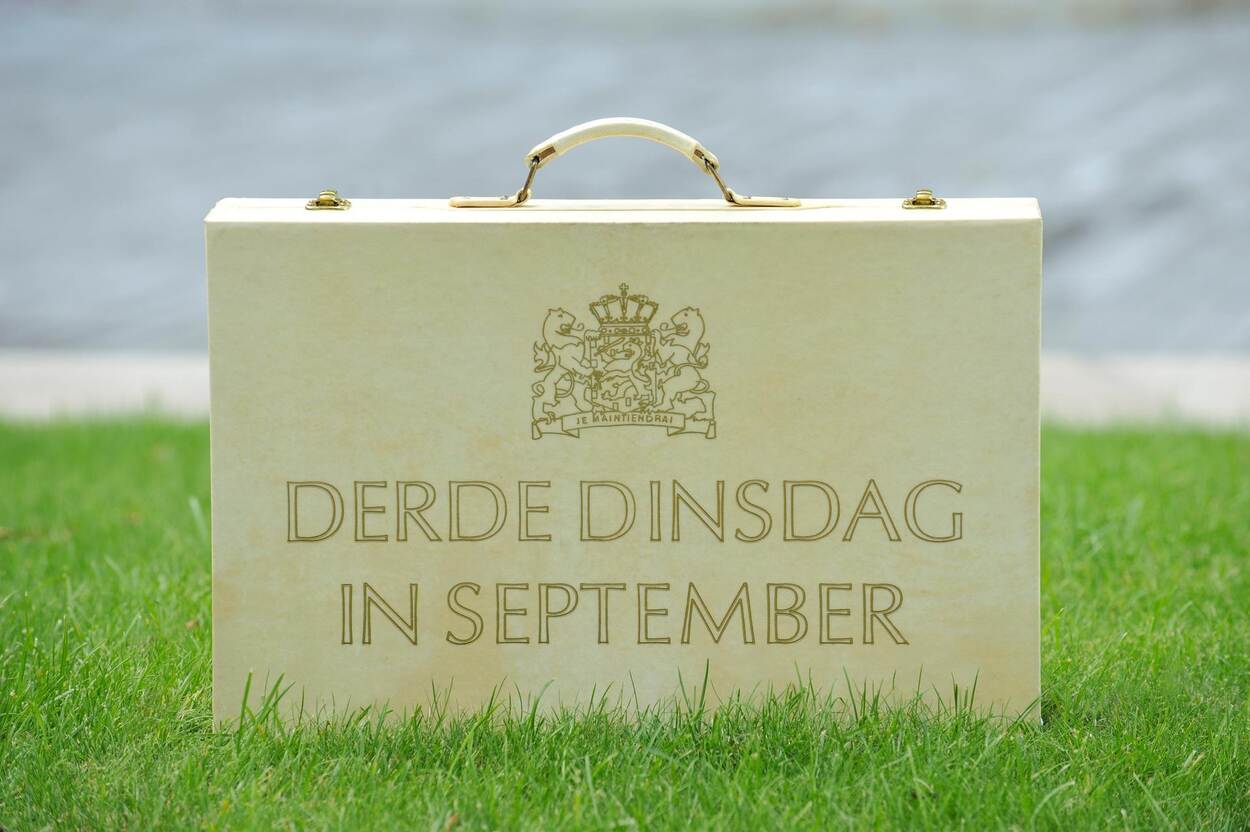
News Update Tax
Internet consultation for a Dutch Qualification Policy for Legal Forms Act
20 April 2021
23 April 2021
On 29 March 2021, the Dutch Ministry of Finance launched an Internet consultation for a new Dutch Tax Qualification Policy for Legal Forms Act (Wet aanpassing fiscal kwalificatiebeleid rechtsvormen, “Legislative Proposal”). The purpose of the Legislative Proposal is to counteract possible international mismatches under the existing qualification policy for limited partnerships (“CV”, in Dutch commanditaire vennootschap) and mutual funds (“MFs”, In Dutch fonds voor gemene rekening). Interested parties have until 26 April 2021 at the latest to comment on the Legislative Proposal.
DETAILS OF THE LEGISLATIVE PROPOSAL
Effective 1 January 2022, all CVs will be transparent for tax purposes; they will no longer qualify as taxpayers. MFs will only qualify as taxpayers (opaque) in a limited number of situations. Entities that are Dutch residents but were incorporated or set up under non-Dutch law, with a legal form that is not comparable to any Dutch entities, will become taxpayers. In addition, for non-Dutch legal forms established outside the Netherlands with no comparable Dutch legal form, the qualification for Dutch tax purposes will follow the qualification for tax purposes as the jurisdiction in which the entity is established.Current legal situation
Currently, open CVs and open MFs qualify as taxpayer for corporate income tax purposes, and as withholding agent for dividend withholding tax purposes and for the purposes of withholding tax on interest and royalty payments. Closed CVs and closed MFs are tax-transparent. CVs qualify as closed if they satisfy the consent criterion, i.e. if a limited partner may only be admitted or replaced if all the partners agree. MFs qualify as closed (i) if they satisfy the consent criterion, or (ii) if participations may be sold only to the MF itself (“repurchase variant”) or to relations by blood or affinity in the direct line.
New qualification for CVs
Effective 1 January 2022, open CVs will no longer be taxpayers for corporate income tax purposes. CVs will also cease to be withholding agents for dividend withholding tax purposes and other payments as described above. The consent criterion will no longer apply. These changes also extend to non-Dutch entities similar to the CV.
New qualification for FGRs
MFs will similarly no longer be subject to the consent criterion and the repurchase variant will be changed. Under the Legislative Proposal, MFs will qualify as open if they satisfy the following criteria:
- the MF raises capital in exchange for certificates of participation to collectively invest that capital; and
- I the certificates of participation in the MF are traded on a regulated market within the meaning of Article 1:1 of the Dutch Financial Supervision Act (Wet op het financieel toezicht) or an equivalent trading platform; or
II the MF is obliged to regularly repurchase or repay the certificates of participation, from the MF’s assets, at the participants’ request.
The Legislative Proposal includes an exemption from taxpayer status for MFs that manage the assets of a group of relatives (family offices).
Qualification of non-Dutch entities
Under the existing qualification policy, non-Dutch entities qualify as an open or closed CV based on their similarities to Dutch legal entities. If the non-Dutch legal form is comparable to a closed CV, it is qualified as tax-transparent. If the legal form is comparable to an open CV, it qualifies as non-transparent. Under the Legislative Proposal, all non-Dutch legal forms comparable to CVs will become transparent as of 1 January 2022. Besides the legal form comparison method, the Legislative Proposal also introduces two additional methods for non-Dutch legal forms with no comparable Dutch legal forms:
- the symmetrical method, under which the Dutch tax authorities will apply the same tax treatment for corporate income tax purposes as the jurisdiction in which the non-Dutch entity was incorporated. This method will apply in situations where Dutch law does not contain a comparable legal form and where an entity incorporated under non-Dutch law and established outside the Netherlands holds an interest in a Dutch corporate income taxpayer. It also applies in the opposite situation, i.e. where a Dutch corporate income taxpayer holds an interest in an entity that was incorporated under non-Dutch law and that is a resident outside the Netherlands;
- the fixed method, which applies to entities incorporated under non-Dutch law but established in the Netherlands that are not comparable to any entities under Dutch law. Under the fixed method, if the entity in question is not comparable to any Dutch entity, it will always be qualified as a Dutch resident corporate income taxpayer.
TRANSITIONAL ARRANGEMENTS FOR CVs
Under the Legislative Proposal, as of 1 January 2022 all partners in CVs (i.e. both limited partners and general partners) will be directly subject to personal income tax or corporate income tax on their shares in their CV’s results. This implies the following consequences:- The open CV is deemed to have transferred all its assets to the partners at fair market value, immediately prior to the termination of its taxpayer status. At that same moment, the CV is deemed to have ceased to derive Dutch taxable income. This will result in a mandatory final levy on all hidden reserves, tax reserves and goodwill in the open CV.
- As soon as the open CV ceases to be a corporate income taxpayer, its assets and liabilities will be allocated to the limited partners, prorated according to their respective entitlements. To this end, the Legislative Proposal contains the legal fiction that each limited partner will have disposed of their participation in the CV at fair market value immediately prior to the moment that the CV ceased to be a corporate income taxpayer.
To minimise the possibility that the Legislative Proposal will trigger a direct tax levy on the CV or its partners, the following facilities have been proposed as transitional arrangements:
- Rollover facility: under specific conditions, the tax claims on the hidden reserves, tax reserves and goodwill will be taken over by the limited partners, provided that they are liable to a corporate income tax. This means that no final levy will take place immediately. The facility is subject to the requirement that each of the parties (i.e. the open CV and its limited partners) must be established in an EU or EEA Member State, as well as a number of other conditions to secure the taxation and collection of tax.
- Stock merger: the limited partners may contribute their participations in the CV to a new holding company established in an EU or EEA Member State, in exchange for new shares in that company. The share in the holding company must be recognised at the same value as the participation in the open CV immediately prior to the stock merger.
- Payment spread across ten years: if the facilities described at (i) and (ii) do not yield a viable outcome, it will be possible to pay off the tax liability in ten equal annual instalments, without interest.
- Rollover facility for natural persons participating in the CV: under certain conditions. the limited partners may pass on individual tax claims on an asset made available to the open CV, provided that such asset are continued to be used in the business of the CV.
No transitional arrangements have been proposed for MFs.
If you have any questions about this subject matter, please contact Sylvia Dikmans, Chantal Presilli, Fyrone Denny or Isabel Poortman.
Written by:




